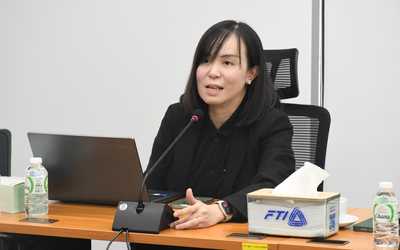Natural Disasters, Preferences, and Behaviors: Evidence from the 2011 Mega Flood in Cambodia
Abstract
This paper studies the impacts of the 2011 mega flood on preferences, subjective expectations, and behavioral choices among Cambodian rice-farming households. We find flood victims to have larger risk aversion and altruism, and lower impatience and trust of friends and local governments. The disaster also induced flooded households to adjust upward their subjective expectations of future floods and of natural resources as a safety net. Mediating (partially if not all) through these changes in preferences and expectations, the 2011 flood also affected households' behavioral choices, some of which could further result in long-term economic development and resilience to future floods. We find flooded households to have lower productive investment, to substitute away social insurance by increasing self-insurance and demand for market-based instruments, and more importantly, to increase the use of natural resources as insurance. These findings shed light on the design of incentive-compatible safety nets and development interventions.










